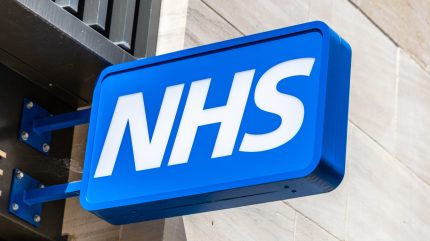
The UK Government has announced a strategy to expedite technology access across the National Health Service (NHS) with a new digital system.
This initiative aims to reduce bureaucratic challenges and enhance life science through a streamlined process.

Discover B2B Marketing That Performs
Combine business intelligence and editorial excellence to reach engaged professionals across 36 leading media platforms.
The forthcoming ‘innovator passport’, set to launch over the next two years, will enable technologies assessed by one NHS organisation to be implemented by others.
This is a focal point of the government’s Plan for Change and its ten-year vision for health, which seeks to shape an NHS that is ready for the future.
Complex procedures and slow approval times have previously deterred businesses from engaging with the NHS.
The new system is set to eliminate these barriers, enabling organisations to collaborate with the NHS.

US Tariffs are shifting - will you react or anticipate?
Don’t let policy changes catch you off guard. Stay proactive with real-time data and expert analysis.
By GlobalDataA ‘one-stop shop’ thorough check will allow businesses to promptly commence operations across the nation.
NHS patients will therefore benefit from quicker access to more effective treatments and support.
The ‘innovator passport’ will eliminate the need for multiple compliance assessments, lessening redundancy within the health service.
MedTech Compass, a digital platform developed by the Department of Health and Social Care (DHSC), will facilitate the delivery of the passport.
Health and Social Care Secretary of State Wes Streeting said: “These innovator passports will save time and reduce duplication, meaning our life sciences sector, a central part of our 10-Year Health Plan, can work hand-in-hand with the health service and make Britain a powerhouse for medical technology.”
This platform will also support the Life Sciences Sector Plan, part of the industrial strategy designed to improve Britain’s life sciences sector.
Once a healthcare tool is evaluated by one NHS organisation, other organisations will no longer require repeated assessments, allowing local systems to conserve resources previously spent on duplicative bureaucratic processes.





